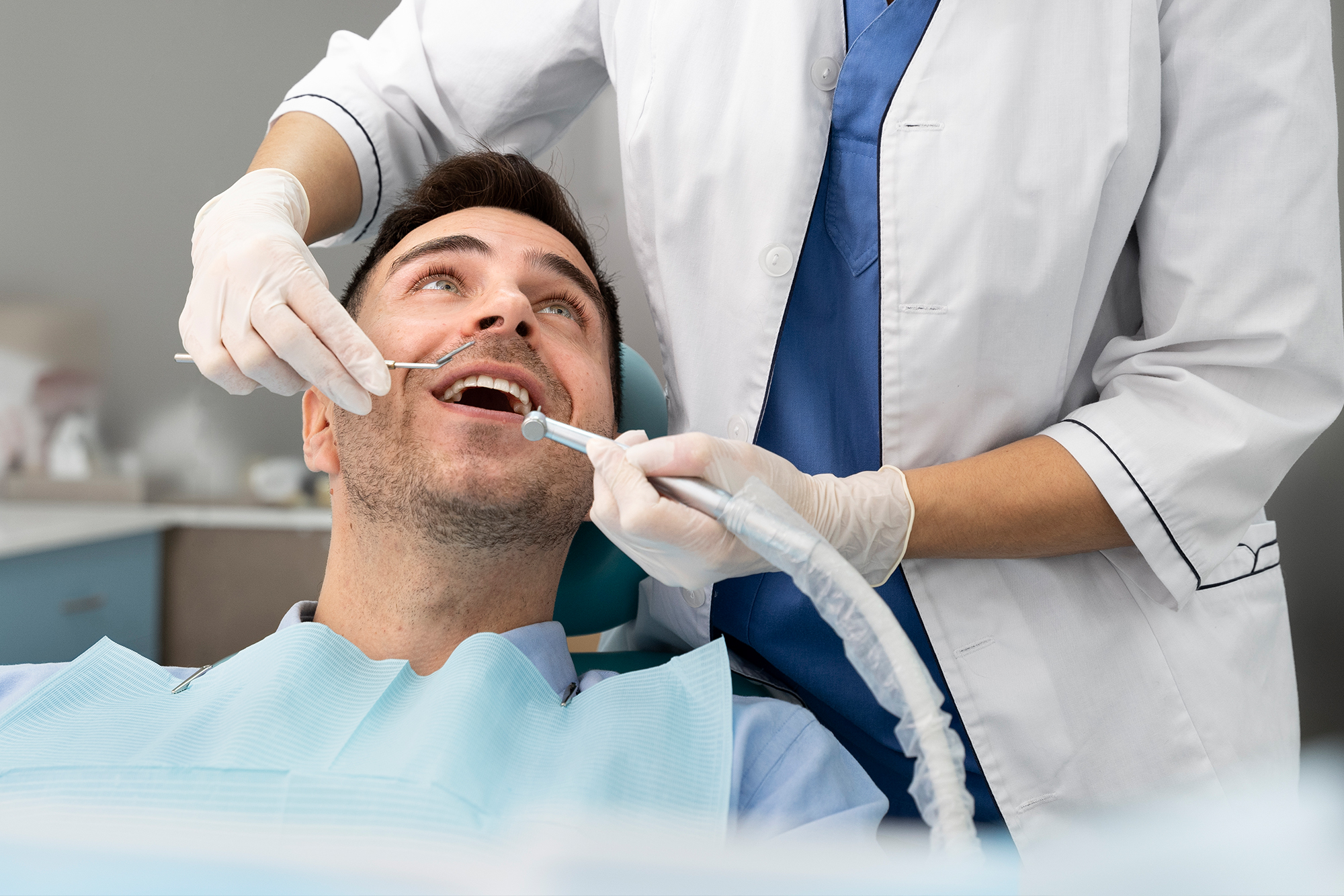Tooth extraction is a common dental procedure that most people will experience at least once in their lifetime. While it’s a routine operation, the recovery process can be uncomfortable and sometimes painful. If you’ve recently had a tooth extracted, you’re probably wondering, “how can I make my tooth extraction heal faster?” This article will provide some practical tips on speeding up your recovery process.
Understanding Tooth Extraction Healing Process
Before we delve into how to accelerate the healing process, it’s crucial to understand what happens after a tooth extraction. Once a tooth is removed, your body immediately starts working to heal the wound. A blood clot forms in the socket where the tooth was extracted, protecting it from infection and facilitating new tissue growth. The healing process varies from person to person but generally takes one to two weeks.

1. Follow Your Dentist’s Aftercare Instructions
Your dentist will provide specific aftercare instructions following your extraction procedure. These instructions are designed to minimize discomfort and speed up healing time. They typically include advice on diet, oral hygiene practices, medication use, and activity levels.
2. Maintain Good Oral Hygiene
Keeping your mouth clean after an extraction is critical for preventing infection and promoting healing. However, vigorous rinsing or brushing around the extraction site should be avoided as this can dislodge the blood clot that aids in healing.
Instead, gently rinse your mouth with warm salt water 24 hours after the procedure. Saltwater helps kill bacteria in your mouth and reduces inflammation of the gums.
3. Watch Your Diet
What you eat following a tooth extraction can significantly impact how quickly you recover. Stick with soft foods like yogurt, pudding, soup or mashed potatoes for the first few days. As your mouth starts to heal, you can gradually reintroduce harder foods.
Avoid hot, spicy foods and drinks as they can increase blood flow and potentially dislodge the blood clot. Also, steer clear of hard, crunchy foods that could irritate the extraction site.


4. Stay Hydrated
Staying hydrated is crucial for healing. Water aids in cell growth and regeneration, which are vital for wound healing. However, avoid using a straw when drinking as the suction can dislodge the blood clot in the extraction site.
5. Rest and Relax
Resting after a tooth extraction is essential for a speedy recovery. Physical activity increases blood flow to the mouth, which can delay healing or cause complications like dry socket – a painful condition that occurs when the blood clot is dislodged prematurely.
#Preventing Complications After Tooth Extraction
While following these tips can help speed up your recovery time after tooth extraction, it’s also essential to be aware of potential complications that could slow down your healing process.
If you experience severe pain, excessive bleeding or swelling that doesn’t improve after a few days, or signs of infection such as fever and chills, contact your dentist immediately. These could be signs of complications such as dry socket or infection.
Conclusion
While there’s no magic bullet to make your tooth extraction heal faster overnight, following these tips will set you on the path to a speedy recovery. Remember: every person heals at their own pace – what’s most important is to take care of yourself and follow your dentist’s advice during this time.
Remember that while these tips are helpful in speeding up recovery time post-extraction, they should not replace professional medical advice. Always consult with your dentist or oral surgeon if you have any concerns about your recovery process after tooth extraction.




